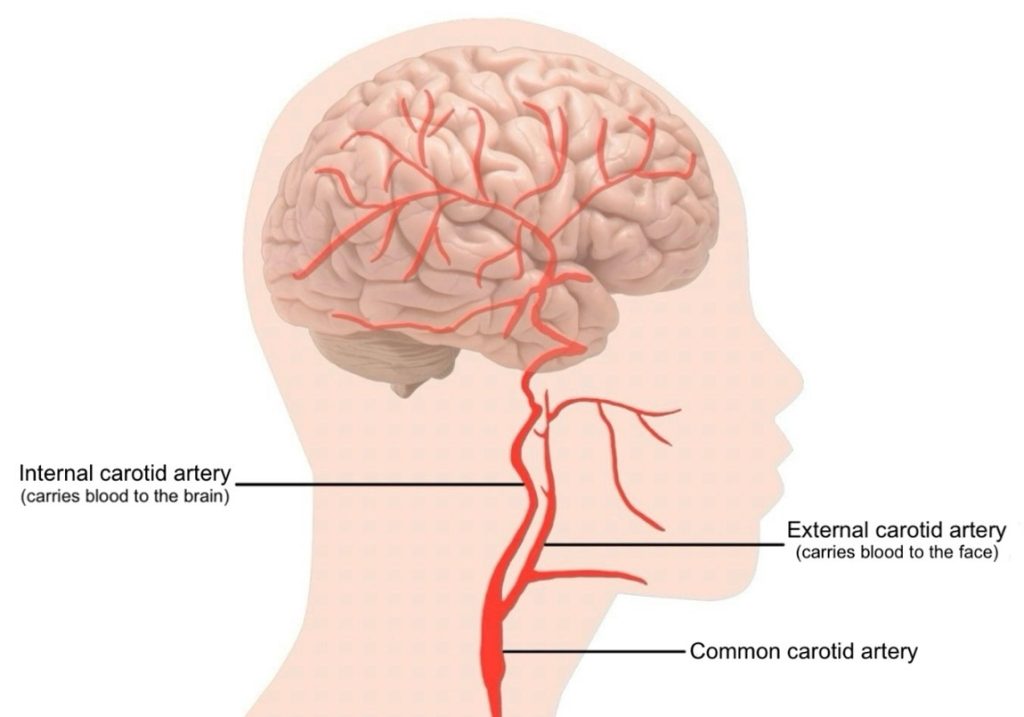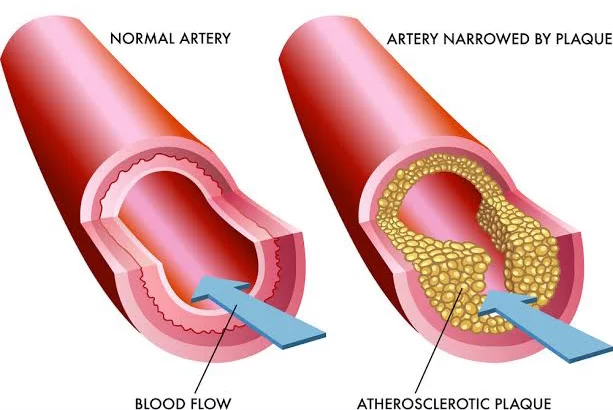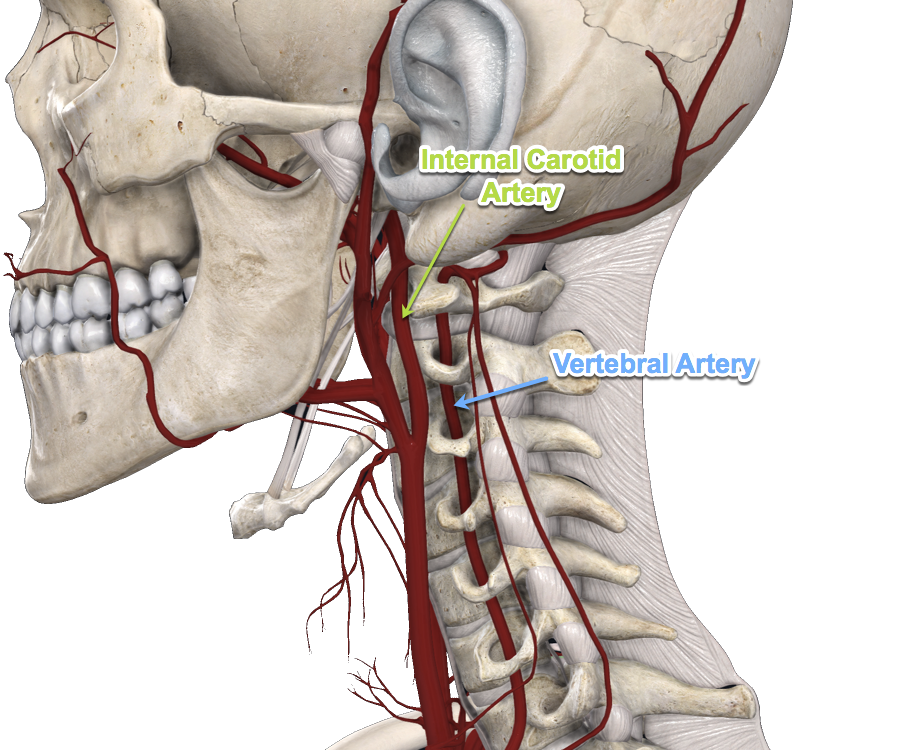🧠 Cerebral Vascular Insufficiency: What You Need to Know

Introduction 📝
Cerebral vascular insufficiency (CVI) is a condition where the blood supply to the brain is reduced, leading to symptoms that we should never ignore. Although this issue is particularly common among older adults, understanding its warning signs and natural management strategies can empower anyone to take proactive steps toward brain health.
Recognizing the Signs 🚨
CVI can be indicated by one or more of the following symptoms:
- Short-term Memory Loss 💭: Sudden difficulty retaining new information
- Dizziness or Vertigo 😵: A spinning sensation or imbalance
- Headaches 🤕: Persistent or unusual headaches
- Ringing in the Ears 🔔: An intermittent or constant buzz
- Depression 😔: Mood changes that may accompany other symptoms
- Blurred Vision 👀: Episodes of visual disturbance
- Ultrasound Findings 🩺: Evidence of reduced blood flow to the brain when examined with ultrasound
These signs often warn us that the brain might not be receiving the oxygen it needs for normal functioning. Early recognition is key!

Diving Deeper: What Causes CVI? 🌐
The primary culprit behind CVI is decreased blood flow. In developed countries, this is most common among the elderly due to atherosclerosis — the hardening and narrowing of the arteries. In many cases, noticeable symptoms only emerge when the arterial blockage reaches about 90%, much like what occurs in angina. This critical reduction in blood flow and oxygen supply can ultimately lead to a stroke. Additionally, transient events known as mini-strokes or transient ischemic attacks (TIAs) might temporarily disrupt nerve function, causing symptoms such as dizziness, ringing in the ears, blurred vision, or confusion—serving as a silent alarm before a more significant event occurs.

Natural Approaches to Managing CVI 🌱
While anyone experiencing these symptoms should seek immediate medical evaluation (with non-invasive ultrasound examinations being a key diagnostic tool), there are several complementary strategies to support brain health:
- Dietary Focus 🍎:
Emphasize whole, nutrient-rich foods such as:- Grass-fed meat
- Fresh greens (lettuce, watercress, broccoli) 🥦
- Onion and cucumber 🥒
- A low-carbohydrate approach
- Nutraceutical Support 💊:
- High-quality Practitioner-Grade Vinpocetine: Valued for its potential to enhance cerebral blood flow.
- Gingko Biloba Extract: Traditionally used to improve circulation and support cognitive function.
- High-Quality Fish or Krill Oil: Rich in omega-3 fatty acids, which can help maintain healthy blood vessels and reduce inflammation.
These natural treatments are excellent complements to traditional medical advice and can be part of a broader strategy for maintaining optimal brain health.

The Role of Chiropractic Care 💆♂️
A proper chiropractic evaluation is crucial, especially when considering the close relationship between the cervical spine and brain blood flow. Only the vertebral arteries pass through the transverse foramina of the cervical vertebrae and are directly influenced by cervical mechanics. In contrast, the carotid arteries course along the sides of the neck, outside the transverse foramina. This distinction means that misalignments or dysfunctions in the cervical spine are more likely to affect the vertebral arteries, potentially altering blood flow to the brain. Moreover, assessing for signs of the Cushing triad (high blood pressure accompanied by a low pulse rate) may help reveal increased intracranial pressure, indicating the need for further evaluation by a healthcare professional.
In Conclusion 🎯
Understanding cerebral vascular insufficiency—from its subtle early warning signs to its potentially severe outcomes—empowers us to take proactive steps toward protecting our brain health. Combining proper medical diagnostics, a nutrient-dense diet, targeted supplements, and complementary chiropractic care can make a noticeable difference. Stay informed, listen to your body, and ensure that any symptoms are evaluated promptly by a qualified healthcare professional.
